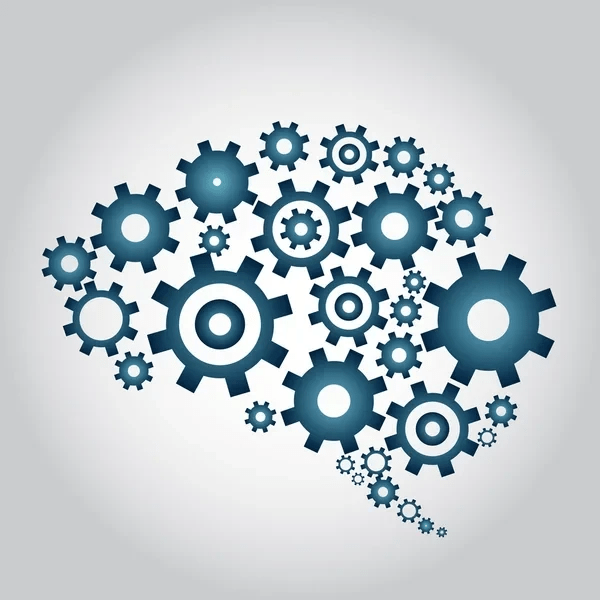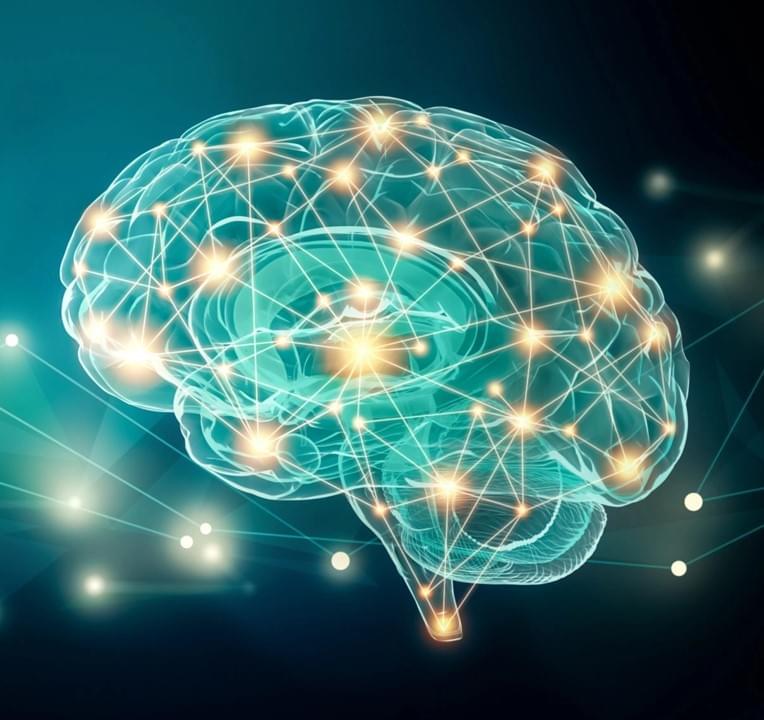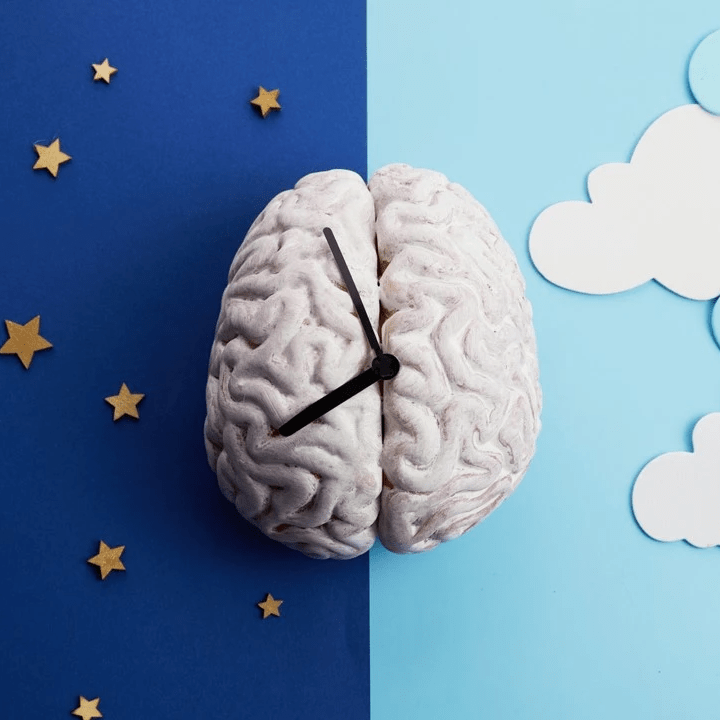

Molecular Genetics of Neurodevelopment in Health and Disease
We are fascinated by the interplay between autism, neuronal activity, and circadian rhythm!
Research Interests
Chromatin regulators and transcription factors orchestrate neuronal gene expression that gives rise to complex human behaviors. These processes often go awry in neurodevelopmental conditions such as Autism Spectrum Disorders (ASDs). The goal of our lab is to gain fundamental insights into brain development and ASD pathogenesis to develop new therapeutic strategies. We will use a multi-disciplinary approach to dissect a group of molecularly related ASD disease models, drawing on our expertise in chromatin biology, biochemistry, chronobiology, mouse and human genetics, and neural engineering. We are particularly interested in the following questions:
- What is the molecular basis of phenotypic convergence and divergence in heterogenetic ASDs?
- How does neural activity respond and contribute to behaviors in health and disease? Can we modulate neural activity to treat syndromic ASDs?
- Is there a genetic basis for sleep problems in ASDs and can other ASD symptoms be ameliorated by correcting circadian and sleep rhythm?

Molecular Basis of Autism Spectrum Disorders (ASDs)
Autism Spectrum Disorders (ASDs) affect communication, learning, and behavior, with a diagnosis rate of one in 36 children. Despite knowing the genetic basis, the molecular mechanism of these disorders remains elusive. We have identified a novel chromatin complex, the TCF20/PHF14 complex, which plays a crucial role in brain development and ASD pathogenesis. In collaboration with Robert Tjian's group at UC Berkeley, we are employing mouse models, iPSC-derived neurons, and single-molecule imaging to investigate the convergent and divergent roles of the TCF20/PHF14 complex in brain development and function.

Neuronal Activity and Brain Development
Many ASD features manifest early in life when activity-dependent signaling promotes neuron maturation and function in response to sensory and learning experiences. We found many disease-related chromatin factors promote activity-dependent gene induction during neural activity, dysregulation of this process could be rooted in the pathogenesis of ASDs. These findings provided us with an excellent opportunity to examine how activity-dependent signaling regulates brain function under healthy and ASD disease conditions.

Genetic Basis of Sleep Problems in ASDs
Up to 80% of individuals with ASDs experience sleep disturbances. Growing evidence suggests that sleep disturbances, beyond being a consequence of ASDs, can also impair brain development and increase ASD risk. While the mechanisms underlying this bidirectional regulation are poorly understood, we established new mouse models and will combine neurogenetics and chronobiology to tease apart the molecular interplay between the circadian clock and ASDs and reveal new therapeutic options.
Contact Us


